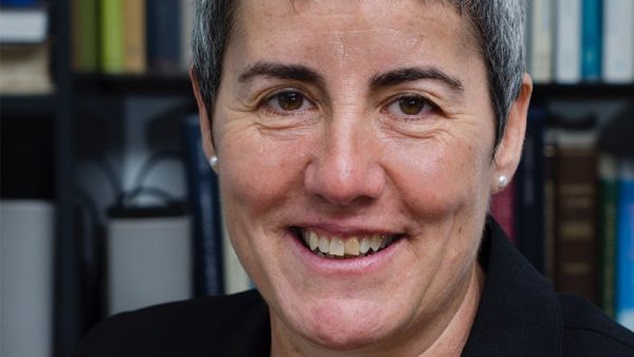
The senate inquiry into the government’s third draft of the Religious Discrimination bill continued on Friday with many groups appearing before Legal and Constitutional Affairs Committee to highlight their concern and opposition to the proposed legislation.
While the first day of the hearings had seen many religious groups appear before the committee, the second day had a focus on groups representating people who might be negatively impacted by the laws if they were passed.
The Public Interest Advocacy Centre, an independent, non-profit organisation that works with people and communities who are marginalised and facing disadvantage, told the assembled politicians that an effective religious discrimination bill could make a significant improvement to many Australians lives.
“This unfortunately is not that act.” CEO Jonathon Hunyor told the inquiry.” The Religious Discrimination Bill this committee is considering radically departs from existing anti-discrimination principles and norms, undermines the rights of women, LGBTI people, people with disability, and people of minority faiths, to live free from discrimination.
“It fails to adequately protect the rights of children, is excessively complicated, and privileges religious views in ways which we think will corrode rather than build tolerance and harmony.” Hunyor said as he appeared before the committee, joined by Policy Manager Alistair Lawrie.
Hunyor urged the committee to reject the bill when it passed on its recommendations to the senate.
Robin Banks, the former Tasmanian Anti-Discrimination Commissioner, appeared in the same session as part of a representation from the Australian Discrimination Law Experts Group, shared a similar view saying that while religious discrimination protections were needed, the government’s proposal was lacking.
“This package is not the right way to do this.” Banks said describing the legislation put forward by Attorney General Michaelia Cash as “bad law” that should not be supported.
“It will override other fundamental human rights and freedoms in the name of religious freedom.” Banks said, describing the legislation as a significant departure from the existing framework of discrimination law in Australia.
“It is inconsistent with international human rights law, and thus it’s constitutional validity is questionable, and finally, the package will seriously undermine the existing concurrent operation of state and territory discrimination laws – and through this – and it’s override of other federal discrimination laws, undermine access to justice.” Banks told the inquiry.
Alistair Lawrie told the committee that while many Religious groups had pleaded with the committee for the legislation to be advanced through the political process, the Public Interest Advocacy Centre’s view was that the legislation had too many flaws for it to become law.
Robin Banks said there had been very little opportunity to investigate how the bill would interact other laws due to the rushed timeline that the legislation was being progressed at.

Robin Banks says Porteous case has been misrepresented
During the previous days hearings, and at the inquiry convened by the Joint Parliamentary Committee on Human Rights, supporters of the legislation had often cited the case of Tasmanian Catholic Archbishop Julian Porteous, who was called before Tasmania’s Anti-Discrimination body in 2015, as a clear reason the legislation was needed.
Robin Banks, who was Tasmania’s Anti-Discrimination Commissioner at the time, said the case had been misrepresented.
“Yesterday I heard it said that the complainant didn’t turn up to conciliations, I heard that it was tens of thousands or more dollars involved in defending it, and it was a lengthy and expensive process, and that the respondents were forced to attend meetings – none of those statements I think are accurate.” Banks said.
The former Anti-Discrimination Commissioner said that while she would not be privy to the legal costs of either of the parties, the process in place in Tasmania was designed so that people were able to represent themselves.
“It wasn’t a long and drawn out process, there were not extensive documents, and the process designed in discrimination law is to be accessible without legal representation, and I note that the complainant didn’t have that.
“I am concerned that this continues to happen, that that case continues to be misrepresented and it seems to be the basis, of least part of Clause 12.” Banks said, referring to the section of the proposed bill that allows people to make statements based on their religious beliefs.
The committee’s final report will be presented to the Senate on 4th February 2022.
Graeme Watson
You can support our work by subscribing to our Patreon
or contributing to our GoFundMe campaign.






